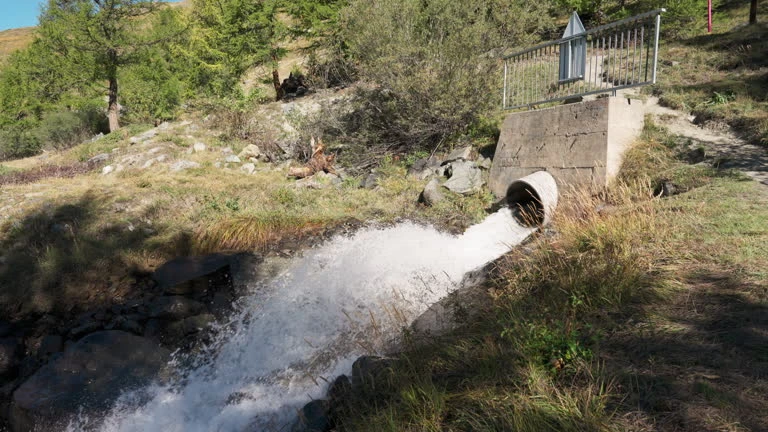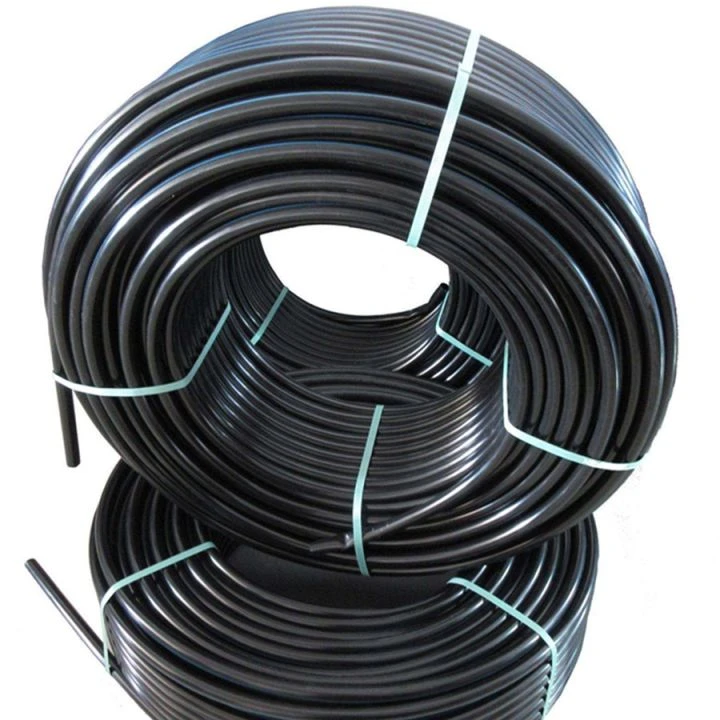Introduction
Water Pipe If you’ve recently noticed a water pipe spewing water in your neighborhood, you’re not alone. Water main breaks can happen unexpectedly and lead to significant disruptions in daily life. Understanding the causes behind these incidents and their implications is crucial for residents. This article will explore the reasons behind water pipe failures, the impact on the community, and what you can do if you encounter such a situation.
Understanding Water Pipe
What Are Water Pipe?
Water pipes are essential components of urban infrastructure, responsible for transporting treated water from treatment plants to homes and businesses. They come in various materials, including:
- PVC (Polyvinyl Chloride): A lightweight, corrosion-resistant material commonly used in residential plumbing.
- Ductile Iron: Known for its strength and durability, often used in municipal water supply lines.
- Copper: Valued for its reliability and resistance to bacteria, frequently used in plumbing systems.
- Asbestos Cement: Previously used for its durability but often replaced due to health concerns related to asbestos exposure.
The Role of Water Pipe in Our Lives
Water pipes are vital for public health and safety, providing access to clean drinking water, sanitation, and fire protection. A failure in the water pipe system can lead to serious health risks and disruptions in daily life.
Common Causes of Water Pipe Failures
1. Aging Water Pipe Infrastructure
One of the most common reasons for water pipe failures is aging infrastructure. Many cities have water pipes that are several decades old, and over time, materials can degrade, leading to cracks and breaks.
2. Environmental Factors
Environmental conditions can play a significant role in the integrity of water pipes. Factors such as:
- Soil Erosion: Changes in soil composition can lead to instability around pipes, making them more susceptible to breaks.
- Temperature Fluctuations: Extreme temperatures can cause pipes to expand and contract, leading to stress fractures.
- Ground Movement: Earthquakes, landslides, or even heavy construction can shift the ground and damage underground pipes.
3. Corrosion
Corrosion is a natural process that affects metal pipes over time. When pipes corrode, they weaken, leading to leaks and breaks. Factors contributing to corrosion include:
- Water Chemistry: The pH and mineral content of water can accelerate corrosion processes.
- Oxygen Levels: Higher levels of oxygen in water can lead to faster corrosion rates.
4. Poor Installation
Improper installation of water pipes can lead to future failures. If pipes are not installed correctly, they may be misaligned or subjected to unnecessary stress, increasing the likelihood of breaks.
5. Increased Demand
Increased demand for water, especially during peak usage times, can put additional stress on water pipes. If the system is not designed to handle high volumes, it can lead to failures.
The Impact of Water Pipe Failures

1. Disruption of Water Pipe Supply
When a water pipe breaks, the immediate impact is often a disruption of water supply to homes and businesses. This can lead to inconvenience, as residents may be unable to access clean water for drinking, cooking, and sanitation.
2. Health Water Pipe Risks
Water pipe failures can pose significant health risks. Contaminated water may enter the system during a break, leading to potential exposure to harmful bacteria and pathogens. Residents may be advised to boil water before consumption until the water quality is confirmed safe.
3. Infrastructure Damage
In addition to affecting water supply, a ruptured pipe can cause damage to roads, sidewalks, and nearby structures. Flooding from a broken water pipe can erode soil and undermine foundations, leading to costly repairs.
4. Economic Impact
Businesses that rely on a steady water supply may suffer financial losses during water outages. Additionally, the costs associated with repairs and infrastructure upgrades can strain municipal budgets.
What to Do If You Encounter a Water Pipe Issue
1. Stay Water Pipe Calm and Assess the Situation
If you notice a water pipe spewing water in your neighborhood, the first step is to remain calm. Assess the situation to determine the severity of the issue.
2. Report the Issue
Contact your local water utility or municipal authority to report the water pipe issue. Provide them with details such as the location, the extent of the leak, and any other relevant information.
3. Avoid the Area
If the water pipes break is significant, it may be best to avoid the area until authorities arrive. Flooding can create hazardous conditions, including slippery surfaces and potential contamination.
4. Follow Official Instructions
Stay informed by following updates from local authorities regarding the water supply and any safety precautions you should take. This may include boil water advisories or instructions on using alternative water sources.
5. Prepare for Future Incidents
While it’s impossible to predict when a water pipes failure may occur, being prepared can minimize disruption. Keep an emergency supply of water for drinking and sanitation, and stay informed about your local water infrastructure.
The Importance of Water Pipe Infrastructure Maintenance
1. Regular Inspections
Regular inspections of water pipes can help identify potential weaknesses and address them before they lead to failures. Municipalities should prioritize routine maintenance to ensure the integrity of their water systems.
2. Upgrading Aging Pipes
Investing in modern materials and technologies can enhance the durability and reliability of water pipes. Upgrading aging infrastructure is essential for reducing the risk of future breaks.
3. Community Engagement
Educating the community about the importance of water infrastructure can foster support for maintenance initiatives and funding. Residents should be encouraged to advocate for necessary upgrades and repairs.
Conclusion
Water pipes failures can be disruptive and pose significant health risks to communities. Understanding the causes of these incidents and their impact is essential for residents. By staying informed and prepared, you can navigate the challenges posed by water pipes issues in your neighborhood. Municipalities must prioritize infrastructure maintenance and community engagement to ensure a reliable water supply for all.
Frequently Asked Questions (FAQs)
1. What should I do if I see a water pipe spewing water in my neighborhood?
If you see a water pipes spewing water, remain calm and assess the situation. Report it to your local water utility or municipal authority, providing details about the location and severity of the issue.
2. How can I prepare for potential water outages?
Keep an emergency supply of water for drinking and sanitation. Stay informed about your local water infrastructure and any potential issues in your area.
3. What are the health risks associated with water pipe failures?
Water pipes failures can lead to contamination of the water supply, posing health risks such as exposure to harmful bacteria and pathogens. Residents may be advised to boil water before consumption until safety is confirmed.
4. Why do water pipes break?
Water pipes can break due to several reasons, including aging infrastructure, environmental factors, corrosion, poor installation, and increased demand for water.
5. How can municipalities prevent water pipe failures?
Municipalities can prevent water pipes failures by conducting regular inspections, upgrading aging infrastructure, and engaging the community in discussions about water management and maintenance.


















